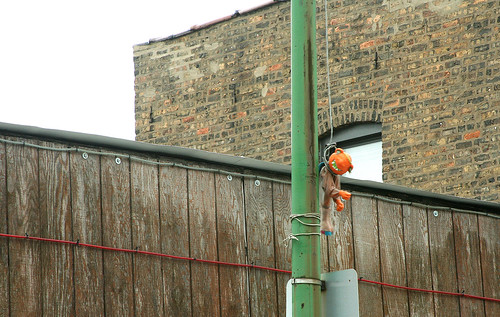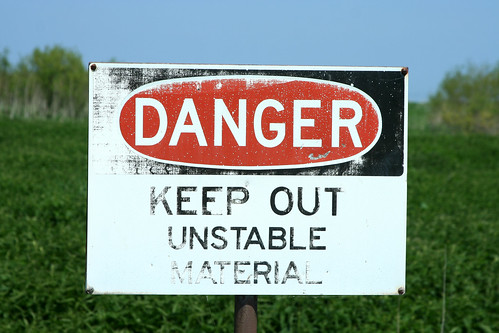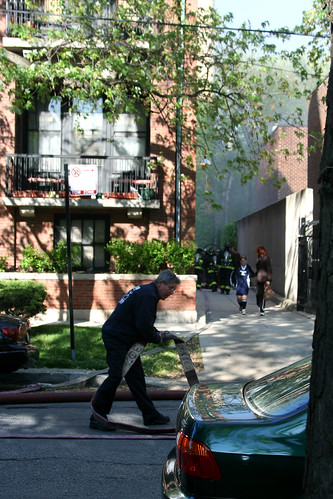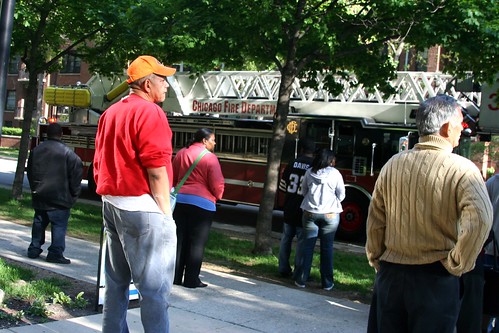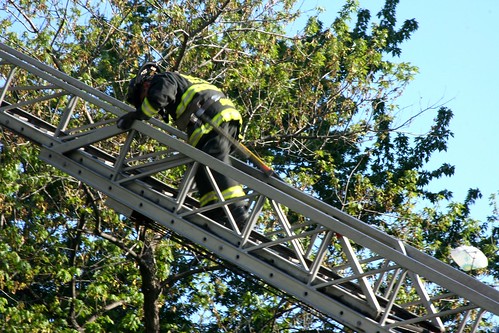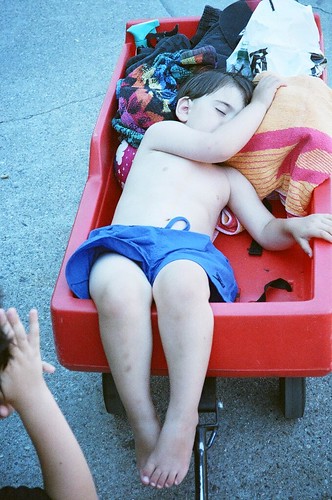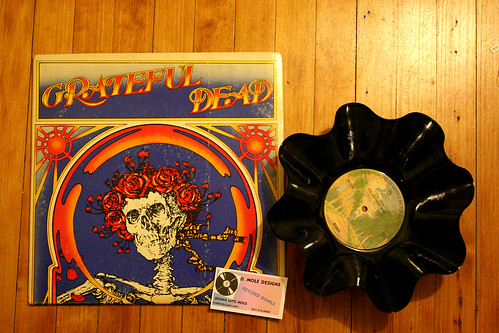 “Not by might and not by power
“Not by might and not by power
but by spirit a-lone, ("ruach")
shall we all live in peace”(Debbie Friedman)
The Power of Song
The prompt for this week is “Power” which brings to mind a song. It is a song based on a biblical phrase but I am not going to be making a religious statement in this Sunday Scribble. In fact, what comes to my mind at present is the power of music. How many blog posts have I titled with the lyrics of a song because one popped into my head? Songs package words and memories in a way that the words alone cannot do. The biologist in me understands that song will be stored in different parts of the brain than words heard or read. Even in a foreign language, it is easier to learn words that are encoded as a song. Do you know the words to Frere Jacques? Most of us probably learned it as school children and retain at least some of the words whether or not we later learned to speak French. There may be a Spanish song or two you learned that way as well.
Songs attach to memories like smells did in Proust’s Swan’s Way. (I must admit here that I never did manage to wade through even one volume of Proust). While I write this, I think of the lyric (not inspiring by itself): “All right now, baby it’s all right now.” It immediately takes me back to four years of Stanford football games. The band played this every time a goal was scored. Even thinking of it makes me feel “all right now.”
I’m sure we all wish the songs we remember are the ones we especially admire and want to remember. Sometimes the ones that stick are pretty annoying in fact. “I’d like to teach the world to sing. . . . “ Yada yada. “You, you’re the one, you are the only reason. . . .” “Hold the pickles, hold the lettuce. . . .” Commercial jingles seem to have the most, and worst, staying power. There’s that
power word again.
How about annoying songs from your teen years, the top 10 that played in the car while you commuted to school? At the risk of dating myself, do you remember the Paul McCartney song, “Silly Love Songs?” The one with the lyric, “I love you” repeated four times? Or that delightful tune, “Voulez-vous coucher avec moi ce soir?”
Then there’s the Carly Simon song that made me want to cry: “That’s the way I always heard it should be.”
Their children hate them for the things they're not;
They hate themselves for what they are-
And yet they drink, they laugh,
Close the wound, hide the scar.
Not exactly an advertisement for getting married.
Go back further into my childhood and songs of despair. Think of the Stones’:
“And if you take more of those / you will get an overdose / No more running for the shelter / of a mother's little helper”
Wikipedia tells me that the drug of abuse in this song is Nembutal. Makes me glad barbiturates are not a commonly prescribed drug nowadays.
Other sad songs I remember from my youth include: The Beatles’ “All the lonely people.” Check out the lyrics
hereand see if they have the power to make you sad; also listen to Simon and Garfunkel’s Sound of Silence:
"People talking without speaking
People hearing without listening
People writing songs that voices never share"
Or their version of Scarborough Fair:
"Tell her to reap it in a sickle of leather
(War bellows, blazing in scarlet battalions)
Parsley, sage, rosemary, and thyme
(Generals order their soldiers to kill)
And to gather it all in a bunch of heather
(And to fight for a cause they've long ago forgotten)
Then she'll be a true love of mine."
Songs of love, loss, wounds, war and betrayal. All the powerful themes of the 60’s and 70’s as well as those of the new millennium. The other day I heard some young people listening to a new song I didn’t recognize. What caught my attention was the use of the word “suicide” repeatedly in the lyrics.
As a mental health professional, I periodically am asked by parents if they should be concerned about their teen’s listening preferences. The songs are too dark, they say, or too violent. Do we really believe that music has the power to enslave the adolescent mind? To turn the thoughts to death, murder, hate or despair? Did Marilyn Manson’s music provide a spark for Columbine?
Read some music lyrics yourself and tell me what you think. Check out the lyrics of Hood Figga by rap artist Gorilla Zoe
here. I can’t print them here, too nasty.
Lest you think I believe all rap is bad, here are a few lines from another rapper, Eminem:
“You got some issues Stan, I think you need some counseling
to help your ass from bouncing off the walls when you get down some.”
This is a sad, scary song but can be read as having a positive message. At least, that is how I chose to hear it.
So what do I tell the parents? To take away their kid’s I-Pod? To censor their listening? Generally not. Some music is inappropriate for young children just as some movies, TV and video games are. Music with overt references to drugs, sex and violence is not appropriate for an eight year old. Use some judgment, guys. I have to confess that I heard the soundtrack to “Hair” many a time when I was a preteen; it was one of my mother’s favorite albums. These are the cleanest lyrics from one song:
"Join the holy orgy
Kama Sutra
Everyone!"
I had no clue what I was singing (honest, officer). Did Hair change my life or moral outlook? Highly doubtful.
No, I tell the parents to listen to the music their kids prefer. Go on-line and read the lyrics. Discuss them with the kids. Tell them you don’t like how this song demeans women, glorifies drugs, or speaks about self destruction. Ask them why they like it. Parents miss an opportunity if they simply ban music.
Music does have power, good, bad or indifferent. To sell a product, to disseminate an idea, to change a mood. But its powers are not magical. Obviously we are more than the sum of what we listen to. Otherwise I would be a sex-addicted, Burger-King-loving, love-stricken-yet-unmarried, drug-abuser. What songs had power over you as a youth? Which ones stuck in your head, for better or for worse? Tell me a few of your musical memories.





